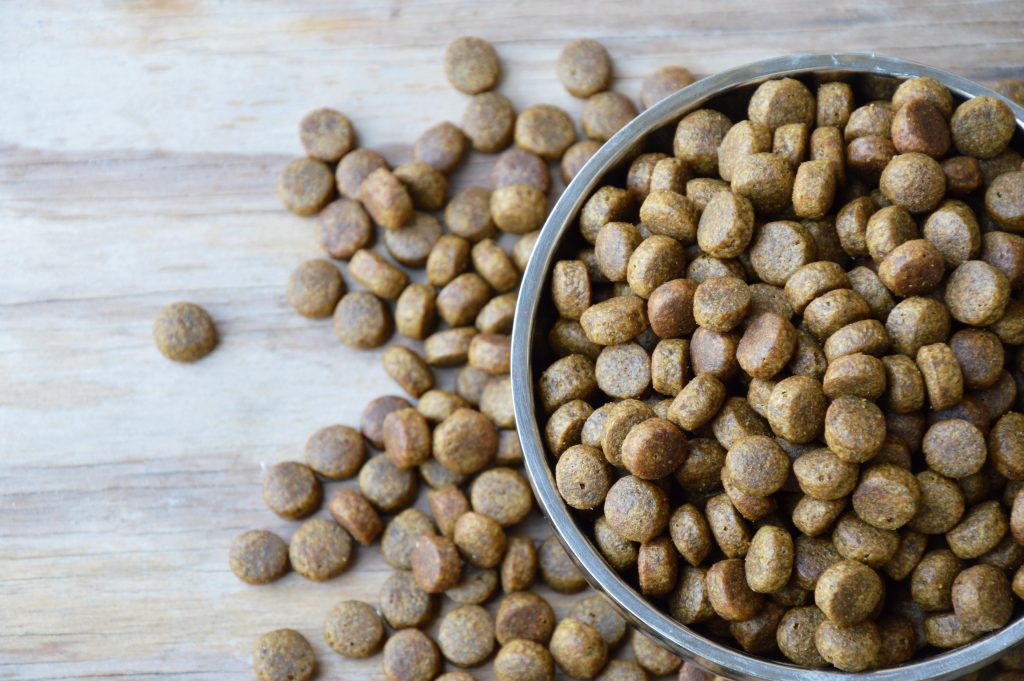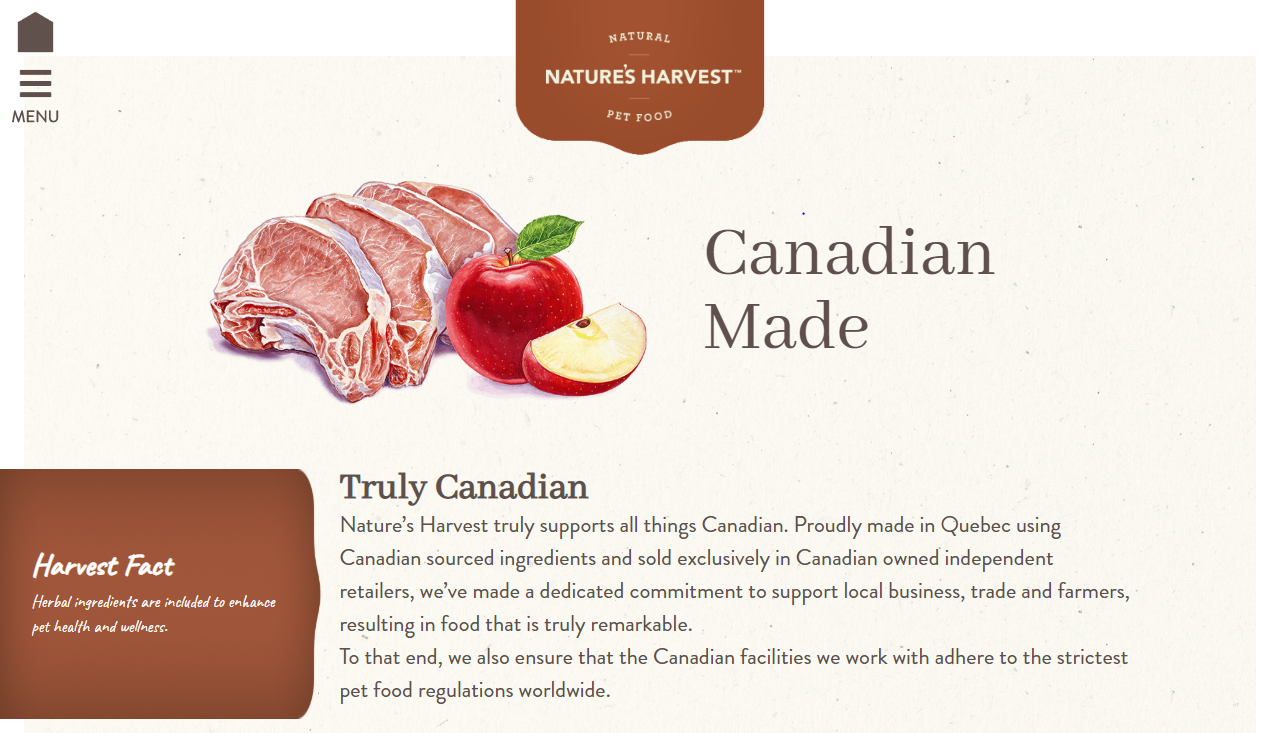
The Canadian pet food industry is vast, dry dog food alone amounting to more than $700 million in revenue per year. Canadian households view their pets as part of the family, and it would be assumed that such a large, important industry would hold the same values and be tightly regulated. However, this is unfortunately not the case.
Canadian Pet Food Regulations
- It is illegal to feed specified risk materials (parts of cows that can transmit mad cow disease) to any animal, including pets.
The Canadian Food Inspection Agency (CFIA) will inspect imported ingredients and imported products for disease contamination only, to prevent animal diseases being introduced to Canadian livestock. Pet food that is manufactured here in Canada is not inspected.
Other countries have imposed much more comprehensive regulations.
United States Pet Food Regulations
The FDA mandates that pet food be safe to consume.
- Pet food must not contain harmful bacteria or substances.
- Pet food must be produced in sanitary conditions.
- Pet food must be truthfully labelled and represented.
- All pet food additives such as vitamins, minerals, preservatives and flavourings must be approved and generally recognized as safe for the intended use.
European Union Pet Food Regulations
Even more impressive are the regulations that the European Union (EU) have put in place. The EU has imposed regulations that encompass ingredients and ingredient sourcing, and manufacturing facilities’ hygiene, equipment and environmental impacts.
- Ingredients of animal origins (meats and fats) must come from sources declared fit for human consumption but are either not parts of animals that humans do not normally consume or that are in excess of human market demand.
- Plant ingredients including fruits, vegetables and grains are tested for undesirable substances like pesticide residues or heavy metals that are absorbed from the soil.
- Any additive including preservatives, vitamins/minerals, flavours or probiotics must be approved for use and typically must fall below a specified inclusion rate.
- The ingredients must be sourced from trustworthy suppliers and cannot be transported between multiple distributors before arriving at the manufacturing facility. This ensures fresh, easily traceable ingredients.
- The manufacturing facilities themselves must be inspected and approved by veterinary authorities.
- Facilities must use proper equipment for accurate measuring and mixing of additives.
- Facilities must develop and continually update a HACCP (hazard analysis and critical control points) protocol.
- Environmental regulations generally relate to the release of pollutants to air, land or water.
Why You Should Purchase Canadian Pet Foods
Supporting Canadian manufacturing should be a priority for all Canadian shoppers and choosing brands with high standards sets the bar for all Canadian manufacturers. There are many Canadian pet food brands that go above and beyond to uphold high manufacturing standards. By becoming aware of the different manufacturing policies and making a point to only purchase from brands with strict protocols, the industry is pushed towards putting in place strict regulations. Consumer awareness is the key to regulation development.
What to Look For
Research the brands you are interested in or contact their offices to ask about their protocols. The staff at your local Global Pet Foods are very familiar with many brands so are also a great source of information.
Look for brands that:
- Test ingredients for contamination before they are used
- Have an updated HACCP protocol
- Have foreign certifications (US or EU)
- Are transparent and willing to answer your questions
- Adhere to values you appreciate.
Nature’s Harvest is a brand that is made in a Canadian facility that is certified compliant with European Union standards. Click below to learn more about the Nature’s Harvest story and products.
Canadian Made

